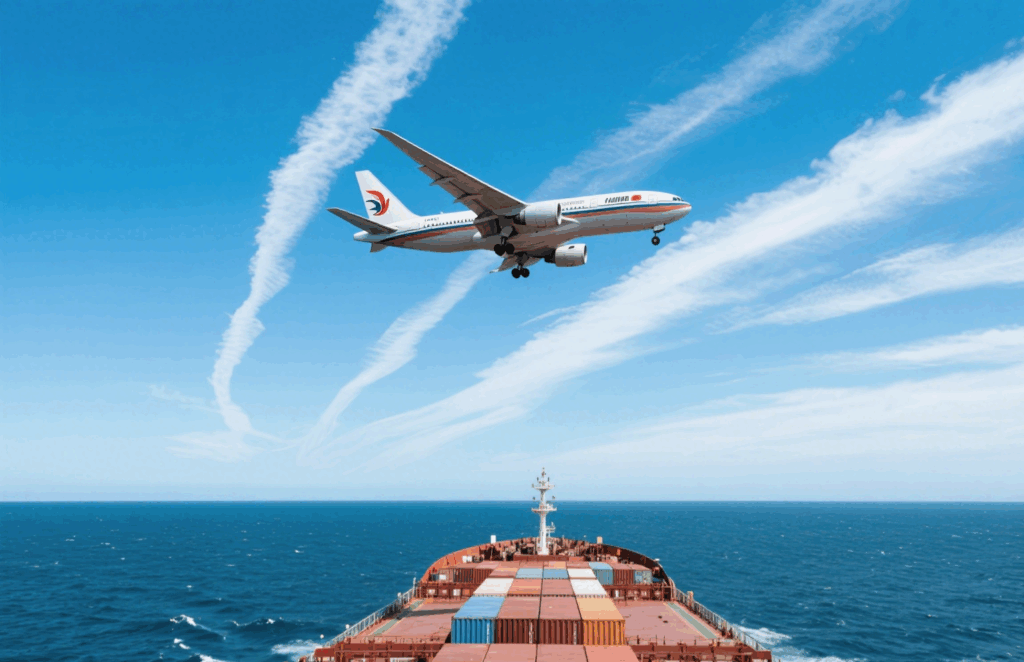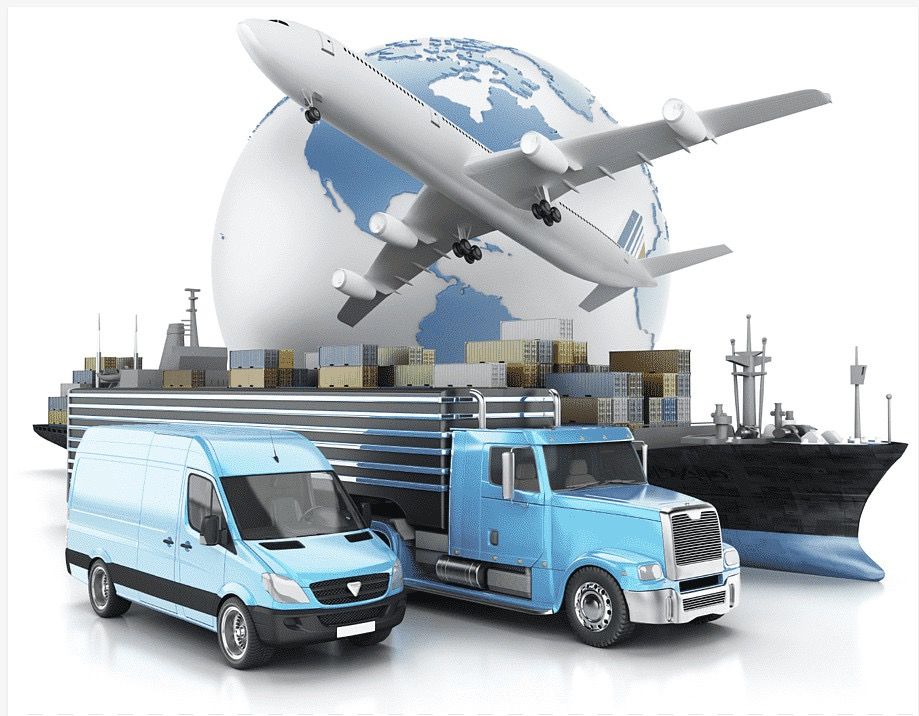Many businesses ask how to find shipping agent in China because working with a reliable partner is essential for smooth international trade. However, the process is often confusing, with thousands of forwarders offering different services, rates, and promises. Choosing the right shipping agent can reduce costs, avoid customs delays, and secure reliable delivery schedules. This article explains everything: what to consider, required documents, real case studies, and proven strategies for selecting the right partner.

1. What Is a Shipping Agent in China?
A shipping agent is a logistics professional who organizes the movement of goods from China to your destination country. They manage booking, warehousing, customs paperwork, and delivery. Additionally, agents negotiate with carriers, consolidate shipments, and handle documentation that would otherwise overwhelm importers.
2. Why Should You Use a Shipping Agent in China?
Using a trusted agent simplifies logistics. Moreover, they ensure compliance with Chinese export rules, handle customs clearance abroad, and reduce risks of costly mistakes. On the other hand, importers trying to handle everything alone often face delays, penalties, or unexpected charges.

3. How to Find Shipping Agent in China Effectively?
| Step | Action | Benefit |
|---|---|---|
| Research Online | Use platforms like Alibaba, Freightos, and industry directories | Wide pool of providers |
| Verify Licenses | Check FMC/NVOCC registration or Chinese business license | Ensures legitimacy |
| Compare Quotes | Request at least 3–5 shipping estimates | Identifies market rate |
| Check Industry Experience | Ask about experience with your product type and route | Avoids costly mistakes |
| Evaluate Communication | Test responsiveness and transparency in replies | Builds trust |
| Request References | Contact past clients for feedback | Validates reliability |
Ready to streamline your shipping? Contact us today for a fast, Partner with TopChinaFreight to receive a tailored logistics solution that matches your shipping needs.
4. What Documents Are Required When Working with Shipping Agents?
Importers should prepare the following documents before shipping:
- Bill of Lading (B/L) or Air Waybill
- Commercial Invoice
- Packing List
- Certificate of Origin
- Import Licenses (if needed)
- Customs Declaration Forms
Each document ensures smooth clearance at both Chinese and foreign ports.
5.How Much Does It Cost to Use a Shipping Agent in China?
Costs vary based on service scope, shipment type, and destination.
| Service Type | Average Cost (USD) | Notes |
|---|---|---|
| Air Freight Handling | $5–8 per kg | Best for urgent or lightweight goods |
| Sea Freight (FCL 40HQ) | $3,200–$4,000 | Ideal for bulk shipments |
| LCL Consolidation | $50–70 per CBM | Flexible for small cargo volumes |
| Documentation Service | $100–300 | Customs paperwork and permits |
| Door-to-Door DDP | $1,500–2,500 | Includes customs and last-mile delivery |

6.Which Routes Are Most Common for China Exports?
| Origin (China) | Destination | Mode | Transit Time |
|---|---|---|---|
| Shenzhen | Los Angeles | Sea Freight | 30–35 days |
| Ningbo | Hamburg | Rail | 18–22 days |
| Shanghai | Sydney | Sea Freight | 25–30 days |
| Beijing | London | Air Freight | 7–10 days |
These routes are the most competitive, with multiple carrier options and established trade corridors.
7. What Are the Pros and Cons of Different Shipping Modes?
| Mode | Pros | Cons |
|---|---|---|
| Air Freight | Fast, reliable, suitable for urgent goods | Expensive, limited cargo size |
| Sea Freight | Cheapest per-unit cost, large volume | Long transit time, congestion risks |
| Rail Freight | Faster than sea, eco-friendly option | Limited availability, mid-cost range |
| Courier | Simple, door-to-door, excellent tracking | Highest cost per kg |

8.How to Evaluate a Reliable Freight Forwarder in China?
- Confirm licensing and membership with international trade associations.
- Ask for detailed cost breakdowns to avoid hidden fees.
- Check if they offer insurance options for high-value cargo.
- Ensure they can provide multilingual support for smooth communication.
9. Real Case Studies
Case 1: Electronics Shipment (Shenzhen → Los Angeles, Sea Freight)
- Cargo: 40HQ container of smartphones and accessories
- Cost: $3,800 total
- Transit: 34 days
- Result: Forwarder arranged customs clearance and DDP delivery, avoiding penalties.
Case 2: Textile Shipment (Guangzhou → Sydney, Air Freight)
- Cargo: 900 kg clothing
- Cost: $5.5/kg → $4,950 total
- Transit: 7 days
- Result: Agent ensured smooth handling of duty payments and last-mile delivery.
10. Conclusion
Learning how to find shipping agent in China is crucial for global importers. A trusted partner ensures lower costs, fewer delays, and professional handling of customs and logistics. By verifying licenses, comparing quotes, and checking references, businesses can secure reliable shipping services. With careful planning and the right agent, international trade becomes both efficient and profitable.
Request a Quote
Need a tailored solution for your shipping from China?
Let TJ China Freight Forwarder assist you with reliable, cost-effective service.
FAQ:
Q1.How to find shipping agent in China for small businesses?
Small firms can use online directories and freight marketplaces. LCL and courier options make it cost-effective for SMEs trading with China.
Q2.Can a shipping agent in China handle customs clearance abroad?
Yes. Many agents coordinate with overseas partners to manage customs, ensuring smooth clearance and reducing delays at destination ports.
Q3.What is the difference between a shipping agent and a freight forwarder?
A shipping agent handles operations and documents, while forwarders coordinate international logistics. Often, forwarders also act as agents in China.
Q4.How can I verify a shipping agent’s license?
Importers can check China’s Ministry of Commerce database or verify membership with international freight forwarding associations like FIATA.
Q5.Do agents provide insurance for goods?
Yes. Shipping agents typically offer cargo insurance. It protects against damage, theft, or loss during international transportation.
